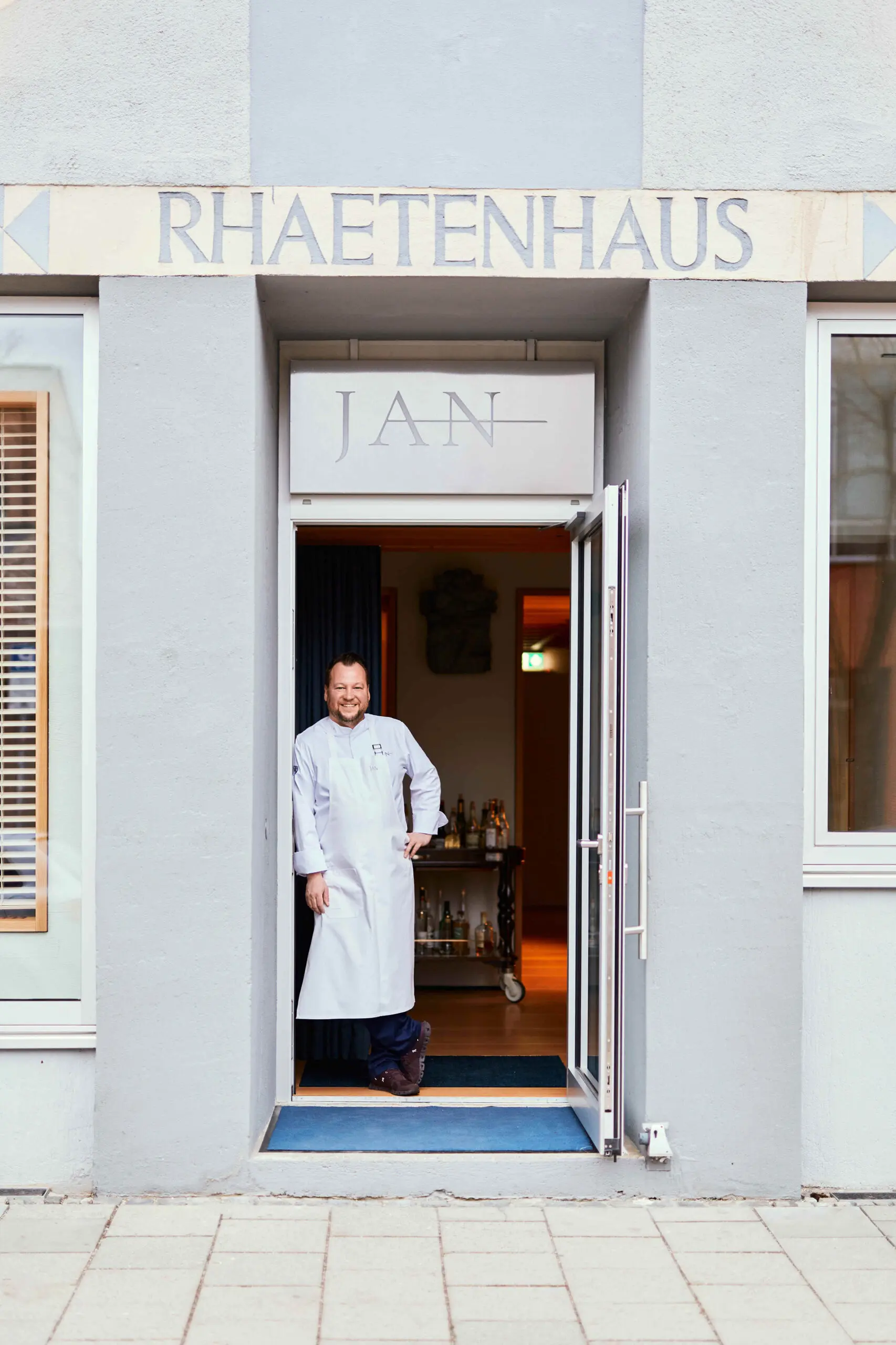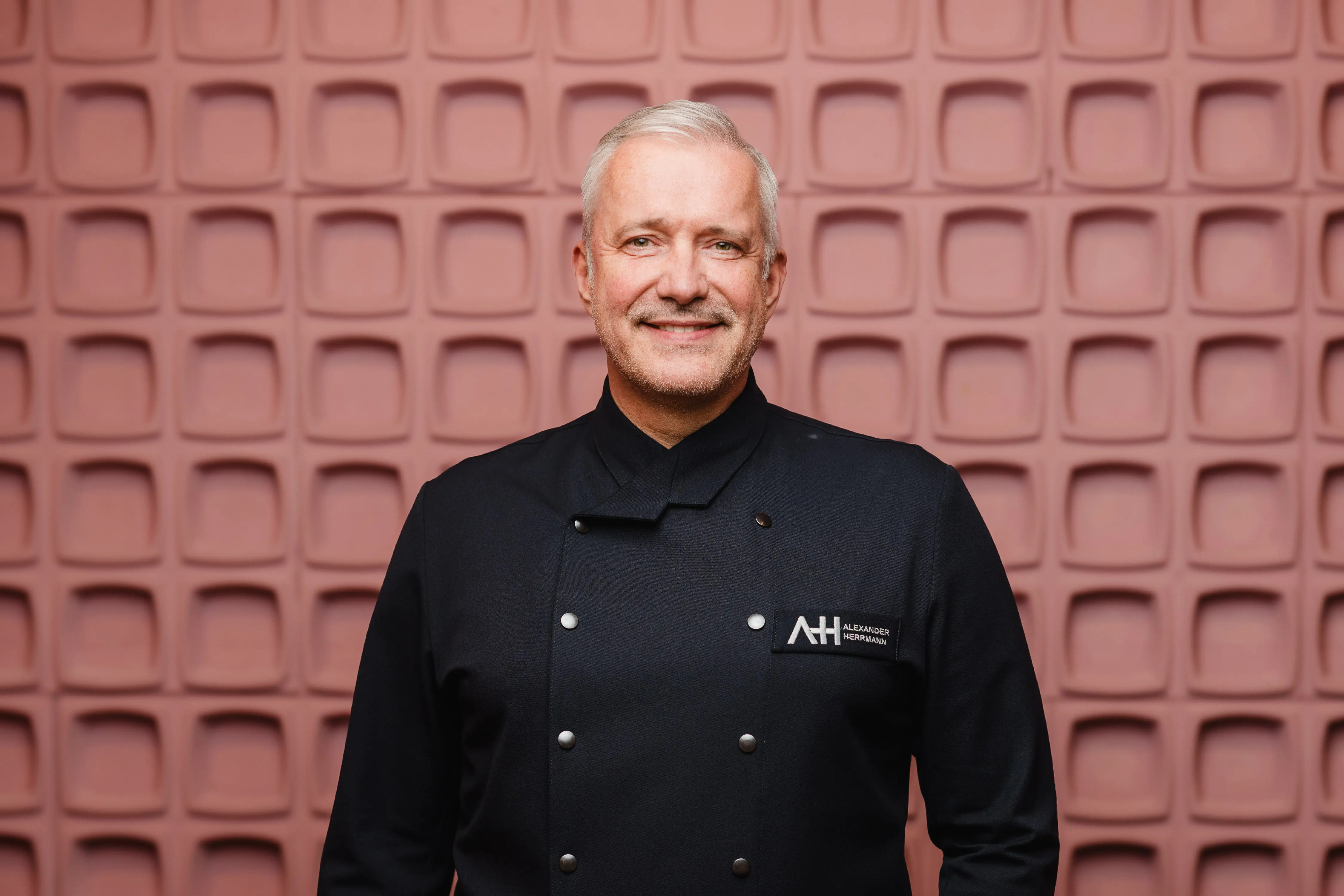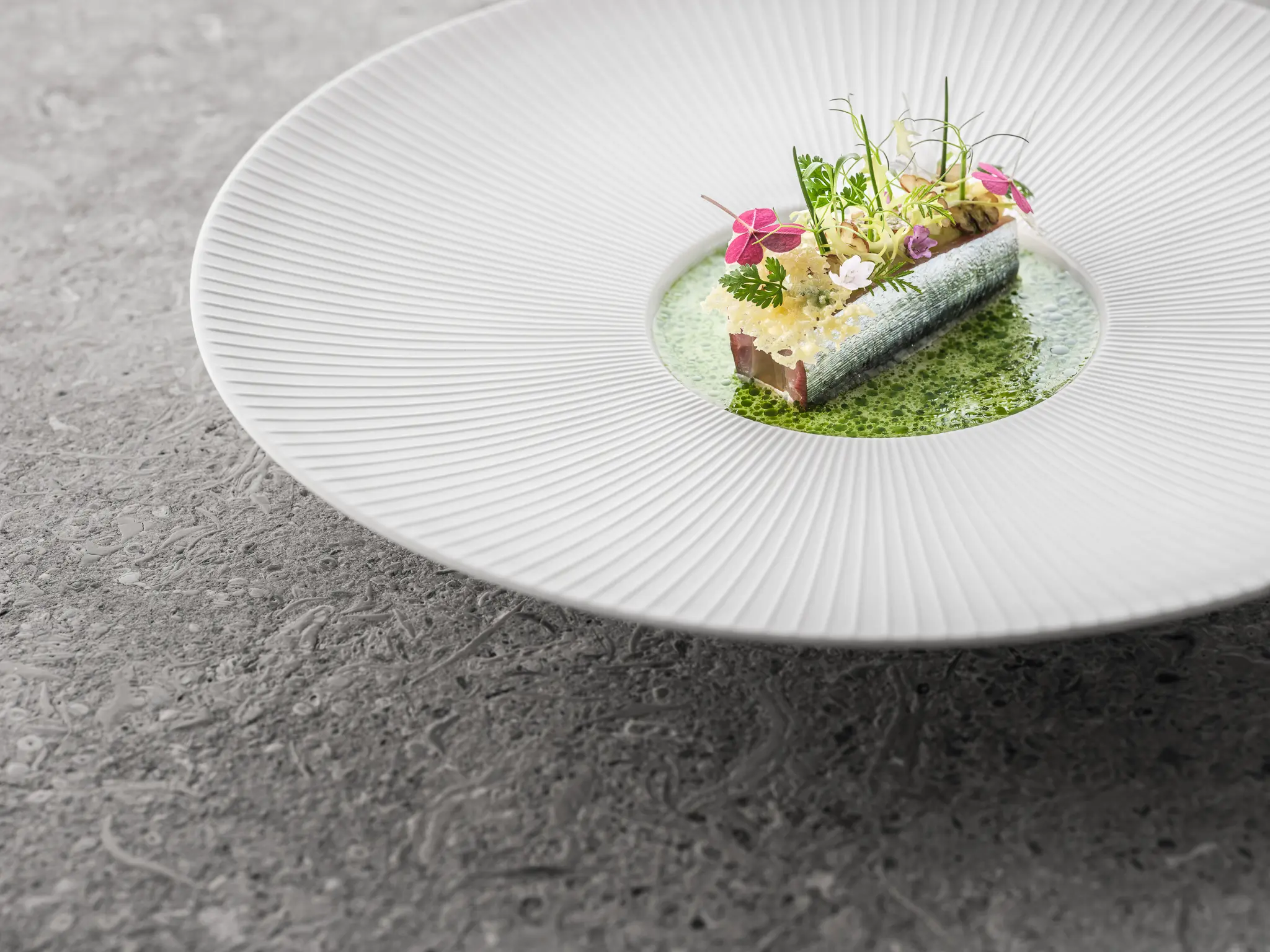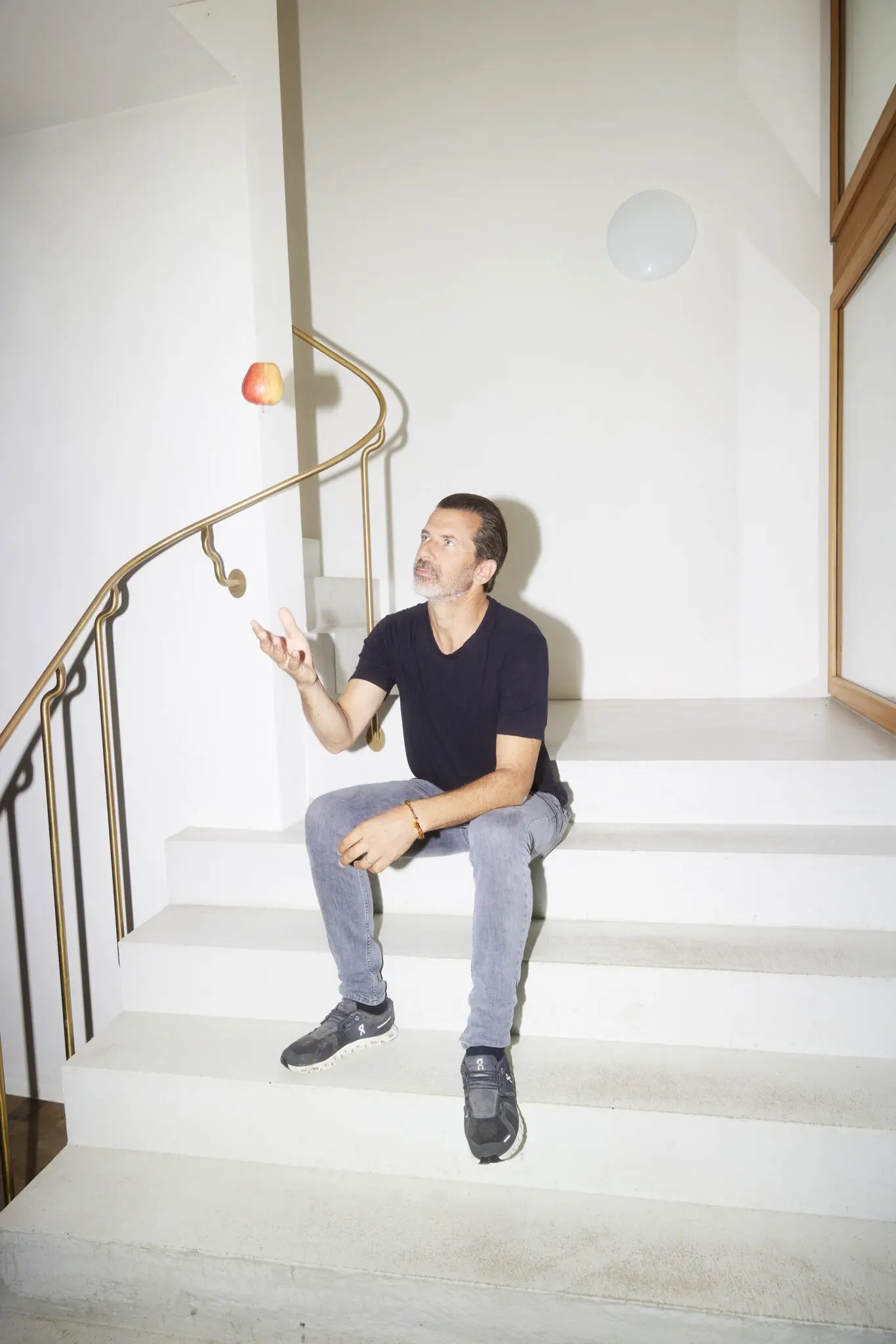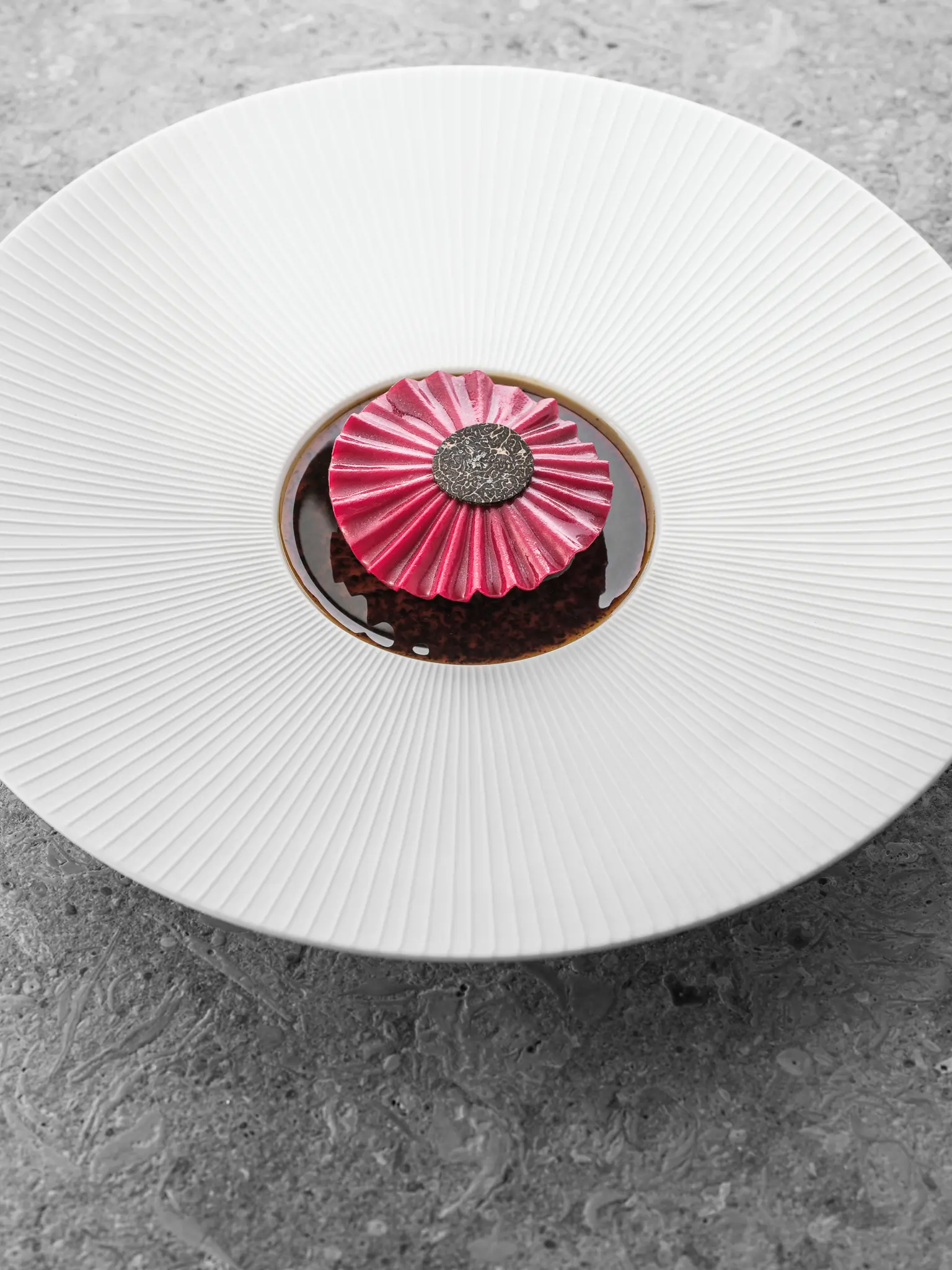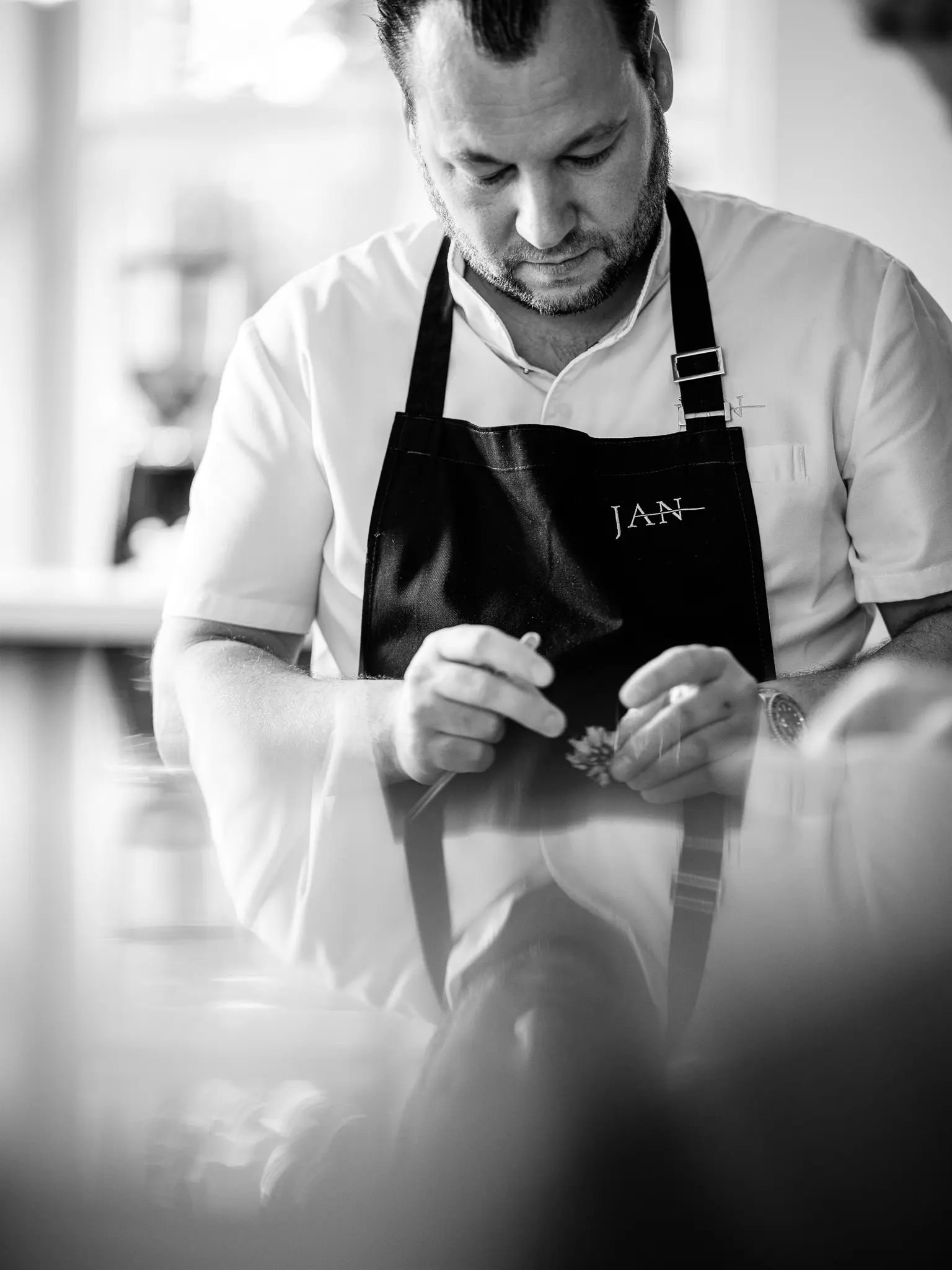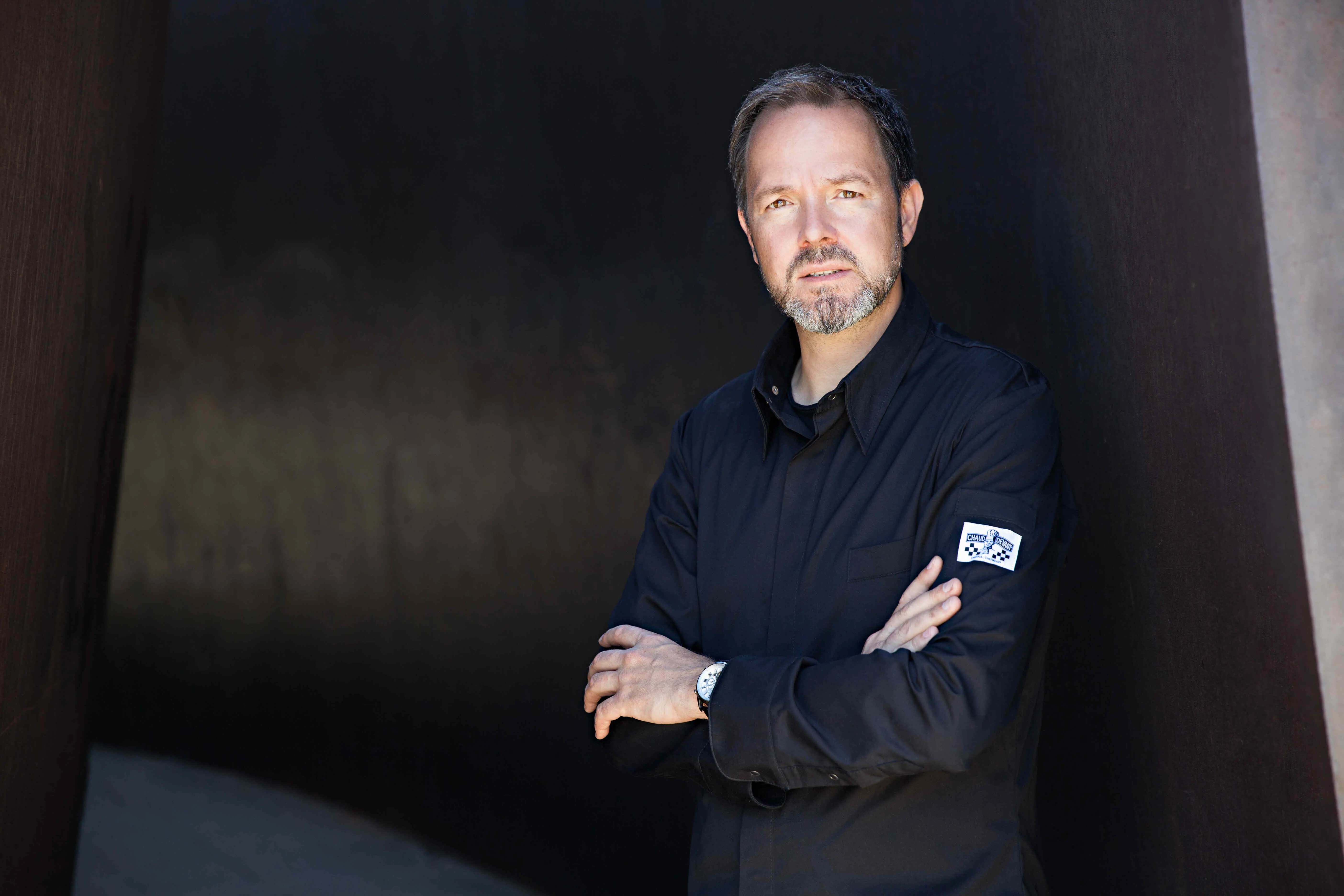From Wolfsburg to Munich: Jan Hartwig's Path to the Top
He is considered one of the most influential and outstanding chefs of today. After positions with Christian Jürgens in the "Kastell" restaurant in Wernberg-Köblitz and with Klaus Erfort in Saarbrücken, Jan Hartwig moved to "Aqua" in Wolfsburg in 2007, where he initially became Chef de Partie and then Sous Chef under the direction of Sven Elverfeld.
From 2014 to 2021, the Lower Saxon worked as head chef at the "Atelier" restaurant in Munich's Hotel Bayerischer Hof. During this time, the restaurant received its second and soon afterwards its third star thanks to Hartwig's unique culinary signature.
The leap to his own restaurant: The opening of "JAN"
In October 2022, Jan Hartwig fulfilled a long-cherished dream. He opened the "JAN", his first own restaurant, where his dishes reinterpret the DNA of German cuisine. The crowning achievement followed quickly: Within a few months, "JAN" was awarded three Michelin stars and shortly afterward also received the highest rating of five toques by Gault&Millau.
When you took over the "Atelier" restaurant at the "Bayerischer Hof" in Munich in May 2007, it already had a star. How big was the pressure to maintain it?
The pressure was bearable, I came as a sous-chef from a 3-star restaurant, it was my goal to defend the star. Of course, I didn't expect to earn three stars within three and a half years.
From the first to the third star: Dealing with pressure and expectations
How do you personally deal with pressure?
It is part of my job. But I find it very important that this pressure is positive. I perceive stress as a stimulus, as a motivator. It pushes me and drives me to peak performance. If you perceive pressure as something oppressive, as a stone weighing on you, that's not good at all, and I don't think that can lead anyone, in any industry, to great success. Fear is not a good advisor.
I am now 42 years old and started my training in 2000. Times were different back then. The kitchen was much more hierarchical than it is today. And the pressure was also different from what I feel today as a 3-star chef.
How big is the leap from the second to the third star?
Big. Two stars are mega-good, three stars are world-class. You should actually read the official claim of the Michelin testers for this. Here the difference, or what makes three stars, is described in calm words: The restaurant is worth a trip – it is therefore worth getting on a plane in Beijing, London, Chicago, or even in Hamburg, or on a train to Munich to dine at my restaurant.
